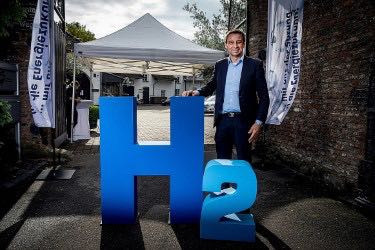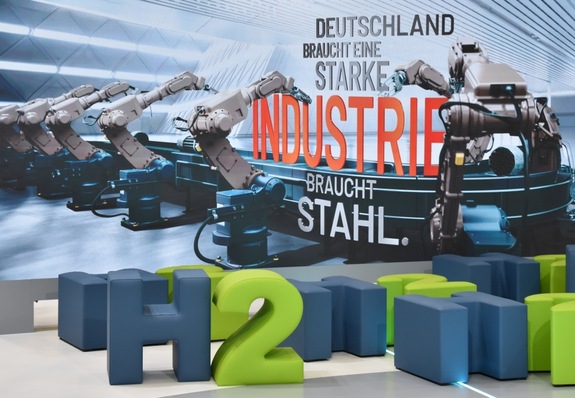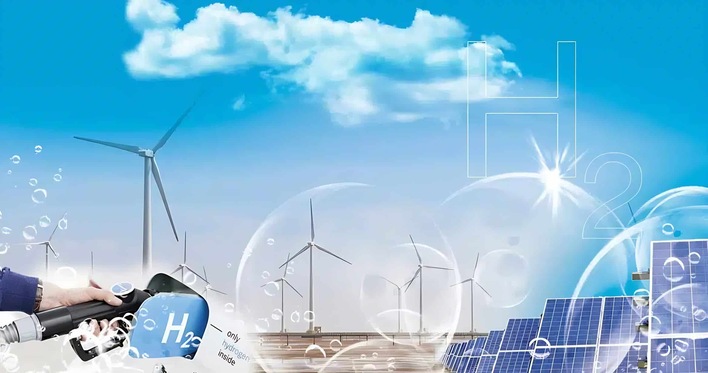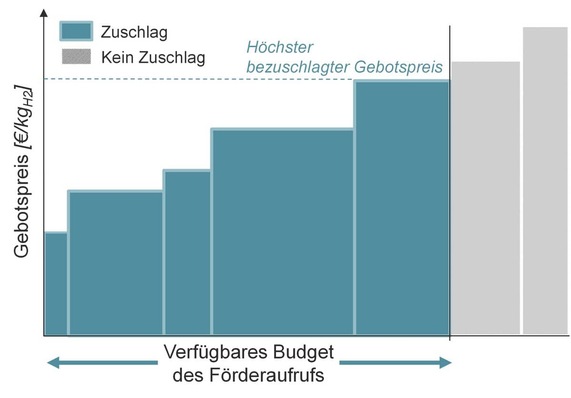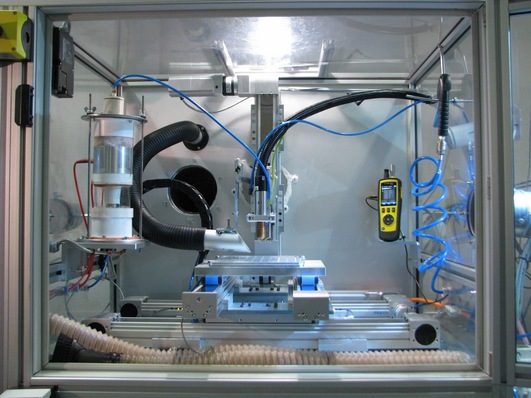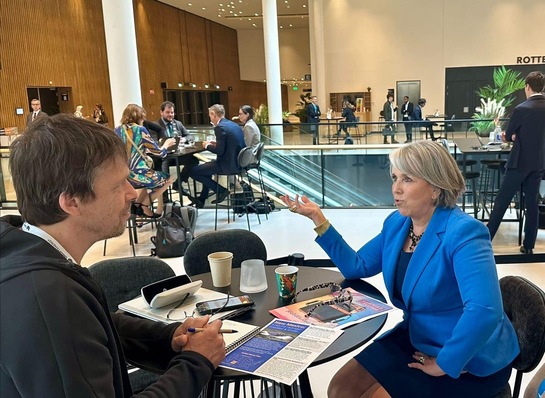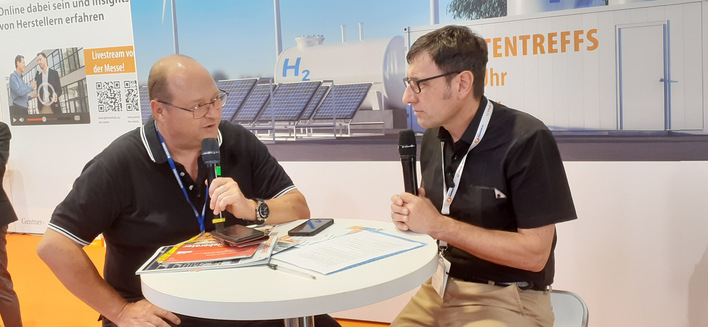The Ruhr region offers great potential for the use of green hydrogen. As a historically developed energy region, it already features well-established infrastructure and is home to steel production and the chemical industry. The Hydrogen Valley project envisages the installation of 77 MW of electrolysis capacity, the procurement of hydrogen-powered trucks and buses, as well as the construction of hydrogen refueling stations for commercial vehicles. In addition, mobile testing systems will be developed and a digital planning tool (Digital Twin) will be implemented.
What began as a vision in 2021 at the district administration office in Grevenbroich has since evolved into a major European project. Back then, Dr. Dieter Ostermann, Chairman of Wasserstoff-Hub Rhein-Kreis Neuss/Rheinland e.V., together with CGI Deutschland—a global provider of IT and business services—presented a concept that was initially considered bold. “Our aim was to promote more than just individual projects – we wanted to create a fully integrated ecosystem: production, transport, and usage from a single source,” Ostermann explains.
Six regional hydrogen associations form the backbone of the project: Wasserstoff Hub Rhein-Kreis Neuss/Rheinland e.V., Hydrogen Hub Aachen, HyCologne – Wasserstoff Region Rheinland e.V., Hy.Region.Rhein.Ruhr e.V., H2-Netzwerk-Ruhr e.V., and Business Metropole Ruhr GmbH.
Several companies from the Rhein-Kreis Neuss district are participating with their own initiatives, including Rheinmetall AG, Zülow AG, Neuss Düsseldorfer Häfen GmbH & Co. KG, and neoxid hydrogen AG. The Berlin-based consultancy Spilett supported the concept development, while the VGBE (technical association of power and heat plant operators) coordinated the application. The Toyota Mobility Foundation financed the application process.
There is also political backing: Silke Krebs, State Secretary at the Ministry of Economic Affairs of North Rhine-Westphalia, issued an official letter of support. The project is also aligned with the current coalition agreement between CDU/CSU and SPD.
“The fact that stakeholders from the entire Rhineland and Ruhr region have joined forces sends a strong economic and political message,” Ostermann emphasizes. “Structural transformation can only succeed through collaboration – and hydrogen is the key to that.”
The project is scheduled to run from 2026 to 2030. The funding is being applied for under the EU’s Horizon Europe programme (Call: HORIZON-JU-CLEANH2-2025-06-01) and the Clean Hydrogen Joint Undertaking, which specifically supports projects aimed at developing a sustainable hydrogen economy in Europe.


